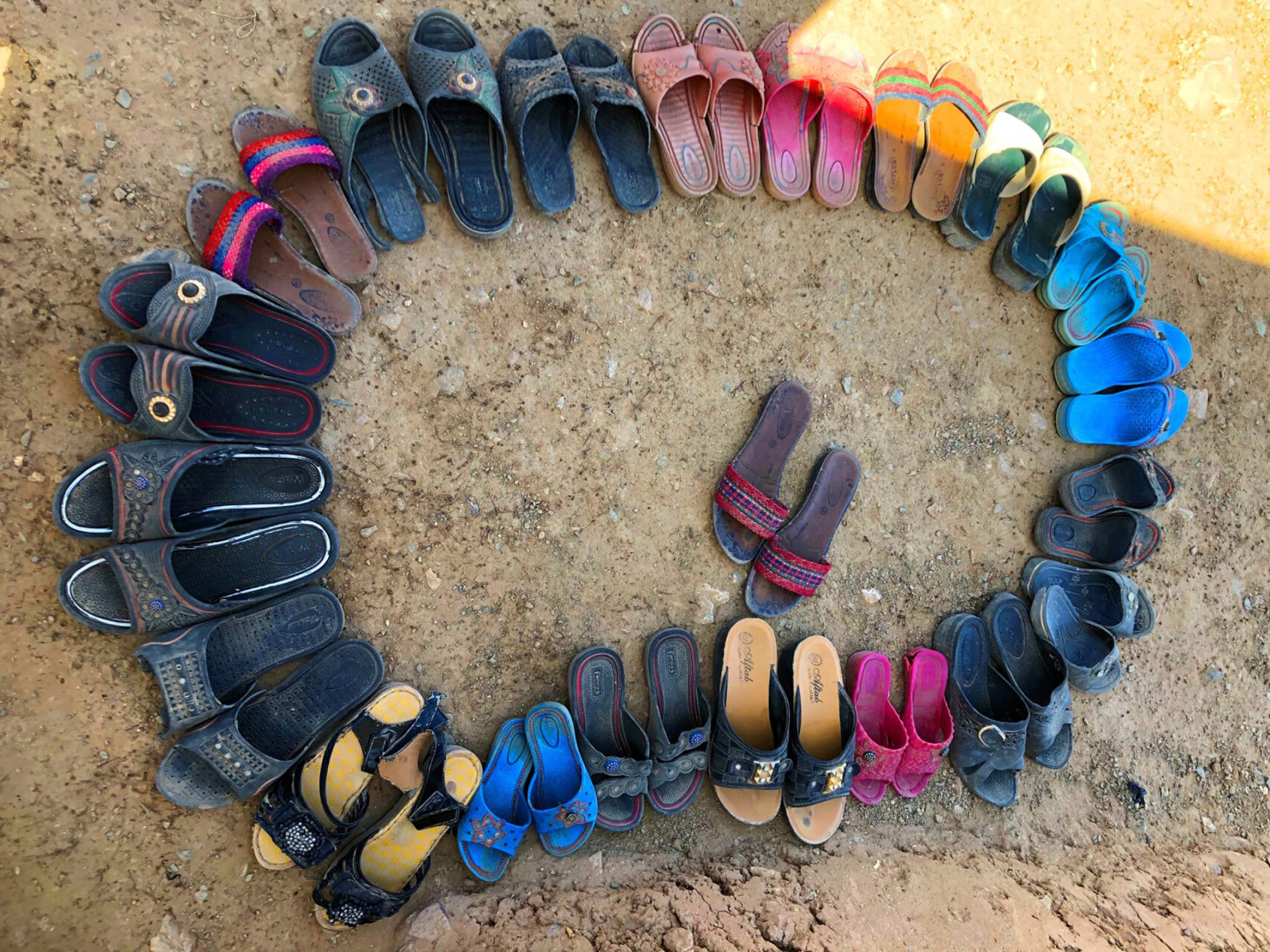
Field Visits
InterAction Annual Report 2019
InterAction remains committed to ensuring that the field experiences of its Members and Partners inform our work and that we bring their realities to influential and decisionmaking bodies. InterAction illustrates these commitments though missions conducted in the field in 2019.
In February 2019, InterAction undertook a mission to Hargeisa, Somalia, and Nairobi, Kenya, working with the Somalia NGO Consortium (SNC) to uncover best practices and lessons learned at the field-level concerning NGO collective action and Consortium governance. In June and July, similar support missions were conducted in Iraq, Lebanon, and Ukraine. These field missions were an invaluable opportunity for InterAction to understand the day-to-day operations of NGO Consortia at the field level, and for those NGO Consortia to feed into the ongoing design of InterAction support to NGO forums in humanitarian crises.
North-east Nigeria is experiencing internal armed conflict against a counter-terrorism backdrop, with myriad protection and operational issues presenting themselves to the civilian population and humanitarian agencies serving them. As a part of InterAction’s Results-Based Protection (RBP) program, the team conducted two missions to Nigeria in June and November to support protection actors and the broader humanitarian community to identify and deploy outcome-driven, iterative methods for addressing protection issues. Moreover, the RBP team conducted a scoping mission to Honduras in December to assess the viability of an RBP-dedicated workstream in the region.
Afghanistan hosts a chronically neglected humanitarian crisis, manifesting itself over more than four decades of conflict and climate-induced disasters. Recent political developments have exacerbated, not mitigated, humanitarian risk and are resulting in a marked deterioration in conditions on the ground for the civilian population. In September, InterAction sent a mission team to Afghanistan. The team interviewed and met with over 50 U.N., NGO, and donor officials, and over 75 conflict and climate-affected Afghan people across three field locations and Kabul. After the interviews, the team produced three overarching recommendations. If the recommendations are effectively implemented, the current situation would significantly improve affected Afghan people’s lives and help them recover from displacement and trauma.
In October, InterAction’s Senior Director of Humanitarian Practice co-led an IASC Emergency Directors Group mission to Burkina Faso to assess operational challenges, solutions, and recommendations related to starting up and expanding the humanitarian response. Further, in November, the humanitarian team undertook a technical mission to Thailand and the Phillippines to support shelter focused humanitarian actors in implementing a settlements based approach, also known as an area-based approach, to shelter.
In late 2019, InterAction’s President and CEO, Sam Worthington, along with InterAction’s Board Chair and CEO of Project Concern International, Carrie Hessler-Radelet, traveled to Bangladesh and visited humanitarian programming in the Rohingya camps to identify high-level issues to highlight within the IASC. In their opinion piece, Sam and Carrie explain why the international community must also continue to apply pressure on Myanmar to protect members of its Rohingya population from widespread human rights violations and to implement measures that will support conditions for the Rohingya people to return home.